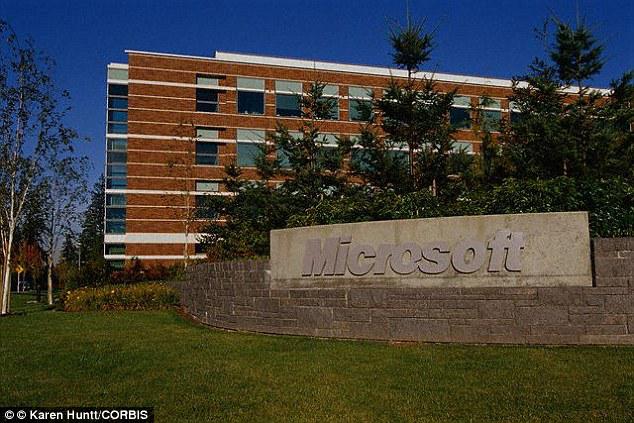微软将招聘自闭症患者

As part of its commitment to diversity and inclusion, Microsoft has launched a recruitment drive for people with autism.
The pilot scheme will begin by recruiting 10 people with autism to be based at the firm’s Redmond offices in Washington. If successful, the scheme could extend to more vacancies worldwide.
Microsoft is running the scheme with support from Specialisterne and the announcement was made on the company’s official blog by Mary Ellen Smith, vice president of worldwide operations.
Ms Smith has a 19-year-old autistic son called Shawn. She wrote: “At Microsoft, we believe that diversity enriches our performance, our products and services, the communities where we live and work, and the lives of our employees. We have been committed to enabling people with disabilities to be successful and this week we announced another exciting effort, a new pilot program with Specialisterne, focused on hiring people with autism for full-time, Redmond-based Microsoft positions. ”
Specialisterne is based in Denmark and the UK and specializes in recruiting people with autism across varies industries.
Autism is a neurological disorder that affects how a person communicates, and relates to, other people. It can also affect how they make sense of the world around them. People with autism typically have trouble communicating, looking people in the eye, and can get upset by loud noises or bright lights.
In the UK, charity Papworth Trust is similarly working to improve employment prospects for people with autism who can complete work-based training or qualifications at the centre to help them learn new skills, get work experience and find a job. Technology industries are said to be suited to people with autism because of how they respond to gadgets and software.
At a young age, for example, experts are finding that simple, carefully constructed apps are enabling affected children to feel safe and communicate more readily because the software is more predictable and ordered than human interaction.
Rhiannan Walton, 32, has been a speech and language therapist for eight years. “Technology responds in the same way every time; you press a button and it responds how you expect it to,” Walton told MailOnline.
本时文内容由奇速英语国际教育研究院原创编写,禁止复制和任何商业用途,版权所有,侵权必究!